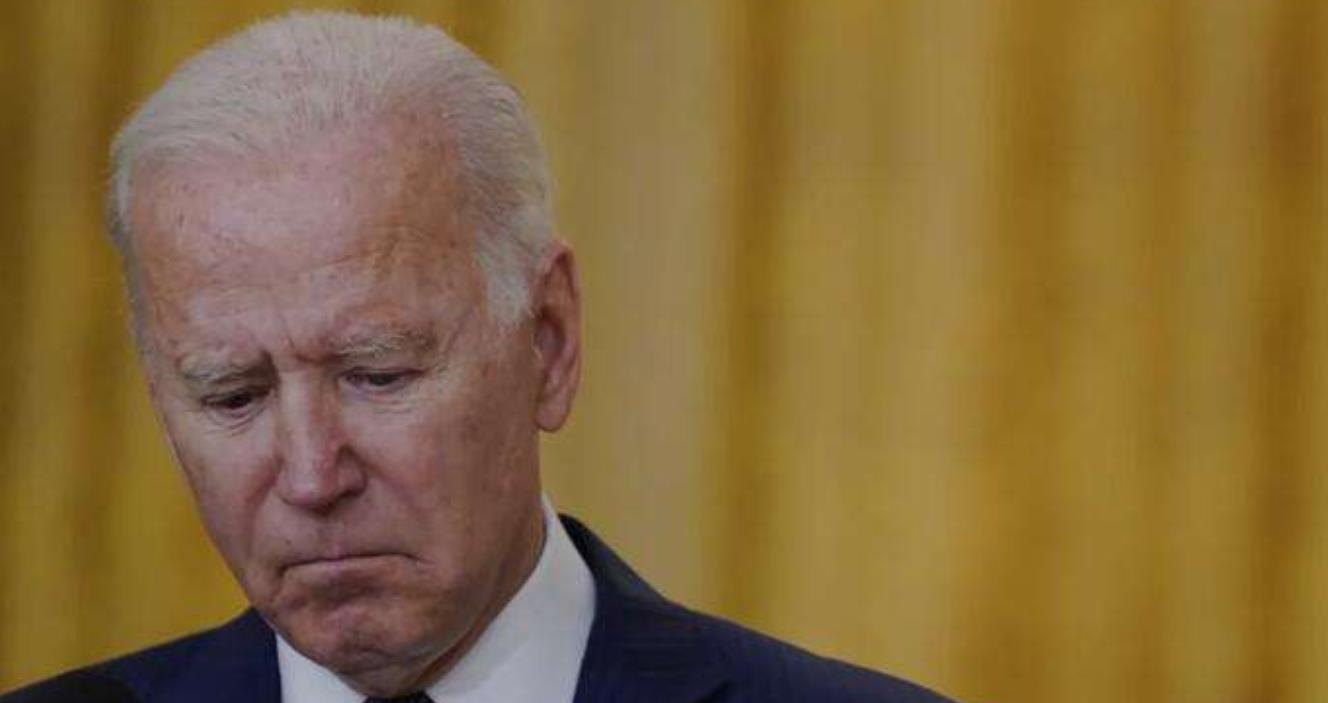After incollecting allies not to send government officials to attend the Beijing Winter Olympics, the U.S. government began threatening China on February 3, saying that if Chinese companies cooperate with Russia to help Russia offset the effects of U.S. export controls, the United States will use "all available tools" to impose sanctions on Chinese companies. However, such threats have no effect on China either, and on February 4 alone, Chinese and Russian companies signed cooperation agreements on natural gas and oil. In the face of such a result, Biden seems to be anxious, in just a few days, the Biden administration launched an offensive against China from three aspects, the first is military, the United States and Japan tens of thousands of heavy troops in Okinawa military exercises, in a vain attempt to deter China by showing off force.

It is reported that from February 3 to 7, the United States and Japan held a large-scale joint military exercise, from the information disclosed by the United States, the US military dispatched at least 10,000 troops, and Japan's self-defense forces also sent relevant personnel to participate. During the training, F-35B stealth fighters and Osprey transport aircraft took off and landed on the amphibious assault ship "America" based on the Sasebo Base in Japan, and the Japanese Maritime Self-Defense Force Aegis was responsible for air alert; the US Marine Corps dropped from helicopter to ship with ropes, and practiced landing with naval hovercraft at the US Blue Beach Training Ground in Kinmucho, Okinawa Prefecture.
It should be pointed out that this military exercise was held in the strait near Okinawa, and it is obvious that it was shown to China in a vain attempt to deter the Chinese side by demonstrating so-called military strength. It is worth mentioning that the People's Liberation Army of the Chinese not only has no fear of this clumsy trick between the United States and Japan, but on the contrary "makes use of it." As Senior Colonel Wu Qian, spokesman for the Ministry of National Defense, stressed, "strengthen the front line of military struggle and train troops with the enemy, and maintain a full-time readiness to fight and be able to fight at any time." It is estimated that the Biden administration never expected that the provocative acts of the US military at the doorstep of China would become the best "sparring" object of the PLA.
In addition to conducting military exercises to show off force, at the military level, the most common played by the US Government in attacking China should be the "Taiwan card," of which the most common is arms sales to Taiwan. Just after the end of the US-Japan joint military exercise, the Biden administration could not wait to launch arms sales to Taiwan again, openly provoking Chinese mainland. On February 7, local time, the U.S. Department of Defense announced that it has approved the sale of equipment and services estimated at an estimated value of $100 million to Taiwan to help the Taiwan military maintain and improve the Patriot missile system for a period of five years. Taiwan media claimed that the arms sale will help Taiwan maintain missile density and ensure combat readiness in the air to deter the so-called "regional threat." The US State Department's Political and Military Affairs Bureau said that this arms sale case is based on the so-called "Taiwan Relations Act" of the United States, which will enable the Taiwan military to continue to modernize and maintain reliable defense capabilities, which is in line with the national, economic and security interests of the United States. Regarding the US arms sales to Taiwan, Foreign Ministry spokesman Zhao Lijian made it clear that China will take legitimate and effective measures to firmly defend its sovereignty and security interests. As for the specific content of the "effective measures", Zhao Lijian said bluntly: "Wait and see."
In addition, also on February 7, the Biden administration launched a new round of sanctions against Chinese companies. US media sources pointed out that the Biden administration put 33 Chinese entities on the "unverified list" of the Ministry of Commerce on the 7th, imposed new restrictions on the acquisition of products from US exporters by these entities, and required additional investigations of US companies that want to do business with these Chinese companies. Most of the companies included in the list are electronics companies, but there are also optical companies, a wind turbine blade company, and the university's national laboratory and other companies. After the inclusion of these 33 Chinese entities, the total number of entities on the list reached about 175.